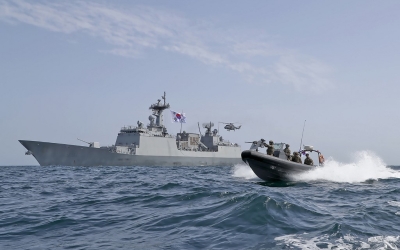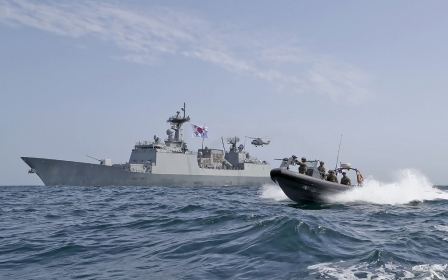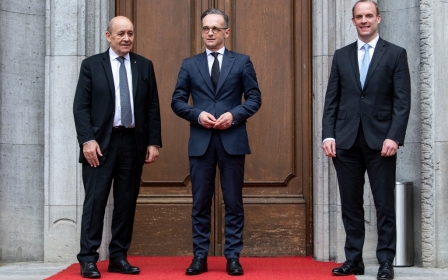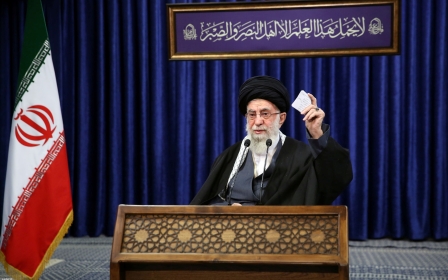Iran tells Seoul not to politicise seized vessel and demands release of funds
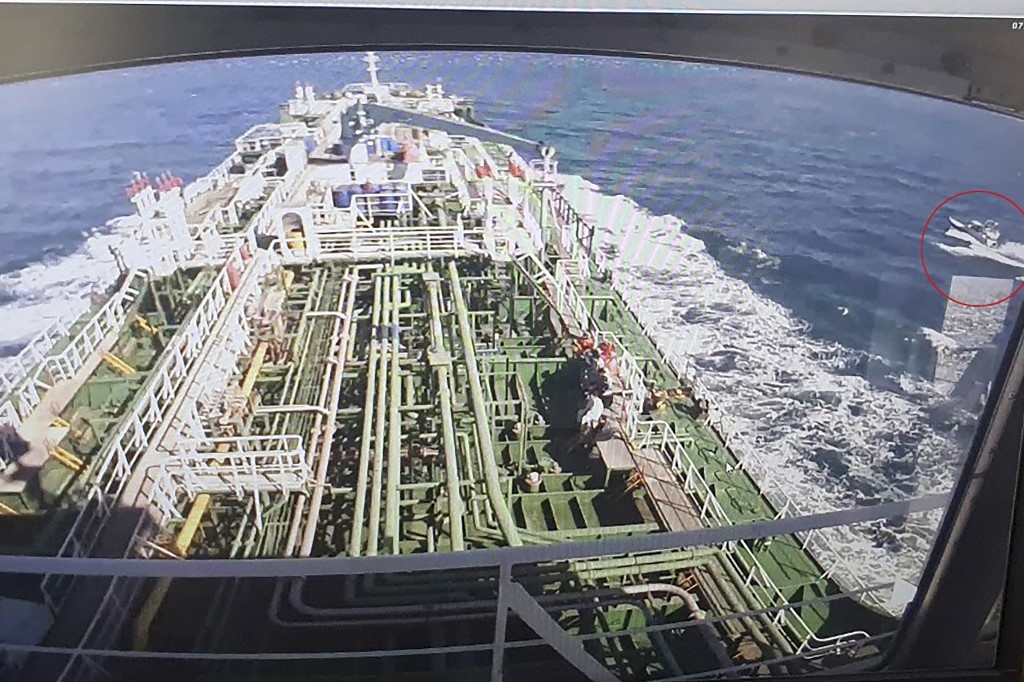
Iran said on Sunday that South Korea should avoid politicising the seizure of its vessel by Islamic Revolutionary Guard Corps (IRGC) in the Gulf, Iranian state media reported, while pressing Seoul to release $7bn in funds frozen amid US sanctions.
South Korea's Vice Foreign Minister Choi Jong-kun arrived in Tehran on Sunday to discuss the release of the South Korean-flagged MT Hankuk Chemi, which was seized by the IRGC on Monday near the strategic Strait of Hormuz, Reuters reported.
Iran has denied allegations that the seizure of the tanker and its 20-member crew amounted to hostage-taking and said it was Seoul that was holding Iran's funds "hostage".
Iran's Deputy Foreign Minister Abbas Araqchi told South Korea's Choi that Seoul "should refrain from politicising the issue and fruitless propaganda and allow the legal proceedings to proceed", Iran's state TV reported.
Iran's government spokesman said on Tuesday the vessel had been seized based on an Iranian court order for "environmental pollution".
However, the ship's Busan-based operator, Taikun Shipping, told Reuters that there was nothing to indicate before the seizure of the vessel that Iranian authorities were probing possible violations of environmental rules.
"For about two and a half years, South Korean banks have frozen Iran's funds … it is not acceptable … In our view, this is more because of Seoul's lack of political will (to resolve the issue) than the US sanctions," the semi-official Fars news agency quoted Araqchi as saying.
US sanctions
The US reimposed sanctions on Iran in 2018 after President Donald Trump withdrew Washington from Tehran's 2015 nuclear deal with six major powers. Under that deal, Iran had agreed to curb its nuclear work in exchange for the lifting of sanctions.
Iran has retaliated by bypassing the restrictions of the deal step by step. In a move that could complicate efforts by US President-elect Joe Biden to rejoin the deal, Tehran said on Monday it had resumed 20 percent uranium enrichment at its underground Fordow nuclear facility.
Japan last week issued a warning to its Japanese shippers to employ extra cautionary measures while operating in the Gulf.
The Choi Young, a South Korea destroyer carrying members of the Cheonghae anti-piracy unit, arrived near the Strait of Hormuz, which borders Iran, on Tuesday.
Seoul said that it had 300 members of the unit operating in the region since last year, but “would not engage in [an] offensive operation… The unit is focused on the safety of our people who use the waterway after the seizure incident," AFP reported.
Middle East Eye propose une couverture et une analyse indépendantes et incomparables du Moyen-Orient, de l’Afrique du Nord et d’autres régions du monde. Pour en savoir plus sur la reprise de ce contenu et les frais qui s’appliquent, veuillez remplir ce formulaire [en anglais]. Pour en savoir plus sur MEE, cliquez ici [en anglais].


